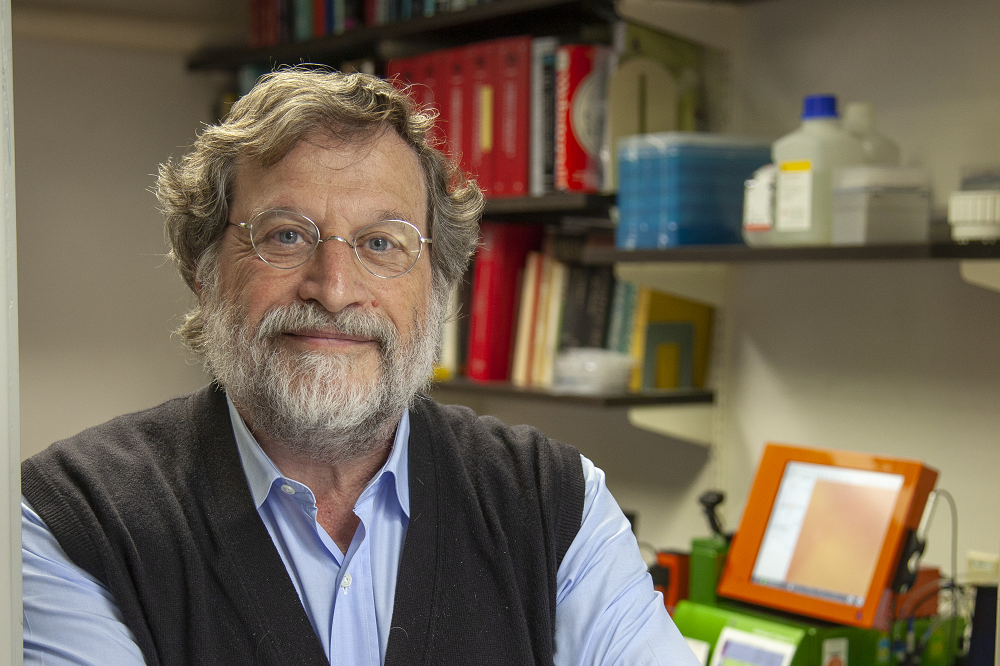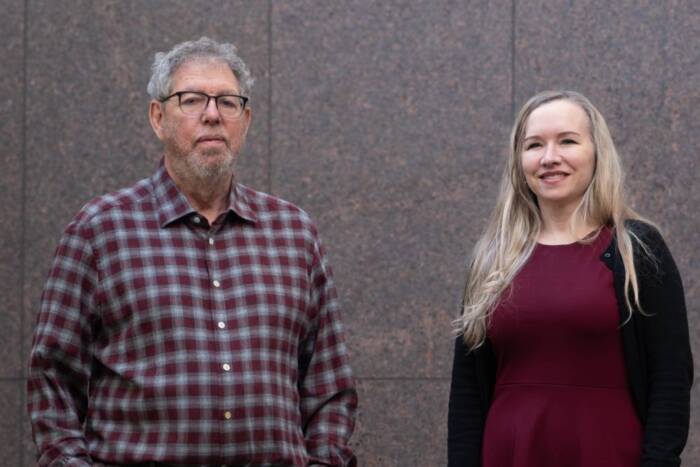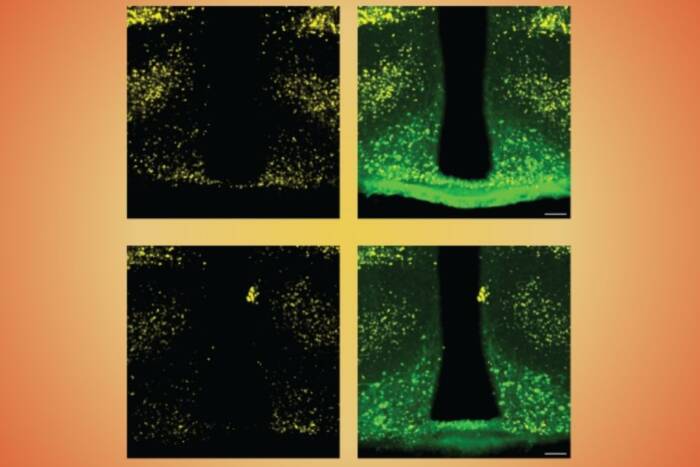Jeffrey V. Ravetch to receive 2018 Robert Koch Award

Jeffrey V. Ravetch
Jeffrey V. Ravetch, Theresa and Eugene M. Lang Professor and head of the Leonard Wagner Laboratory of Molecular Genetics and Immunology, has been selected to receive the 2018 Robert Koch Award for his groundbreaking work analyzing antibody response. Considered among the most prestigious international prizes in bioscience, the award is given annually by the Robert Koch Foundation in Berlin, Germany.
Ravetch has worked for decades on the Fc fragment of the antibody molecule and on its binding partners, known as Fc receptors, which are found on the surface of many immune cells including lymphocytes, phagocytes, and natural killer cells.
Because immune reactions can by modulated via members of the Fc receptor family, his work reveals the possibility of treating autoimmune diseases such as arthritis or lupus. It has also made possible the burgeoning field of cancer immunotherapy, a strategy to attack tumors by training the body’s immune system to target and kill cancer cells. The second and third generations of therapeutic antibodies against cancer, including several already in use, owe their origins to Ravetch’s research.
Ravetch was the first to clone the extended family of Fc receptors and, controversially, the first to ascribe a functional biologic role to a component of the antibody that had long been considered structural. He discovered that molecular deviations in the Fc region of an antibody are able to shape the resulting immune response. A chemical process known as sialylation alters the structure of the Fc region, enabling it to bind to various members of the Fc receptor family to activate or inactivate a specific immune response. These findings—that various and contradicting reactions may result from the same structure—were revolutionary and led to a paradigm change in immunology, suggesting that a healthy immune system will reflect a balance of both activating and inhibiting signals.
Ravetch is the sixth Rockefeller scientist to receive a Koch Award. Michel C. Nussenzweig won in 2016 for achievements in immunology, Charles M. Rice in 2015 for studies of the hepatitis C virus, Jean-Laurent Casanova in 2014 for work on genetic susceptibility to infectious disease, and Ralph Steinman in 1999 for discovering dendritic cells and their influence on immunity. René Jules Dubos was the first Rockefeller recipient of the prize in 1960.
The Koch Foundation is a nonprofit organization that supports medical advancement, primarily in the field of infectious diseases, through the promotion of basic scientific research. Robert Koch, the award’s namesake, was the founder of modern bacteriology, for which he won the 1905 Nobel Prize in Physiology or Medicine. From 1891 until his retirement in 1904, Koch was head of the Institute for Infectious Diseases in Berlin.


